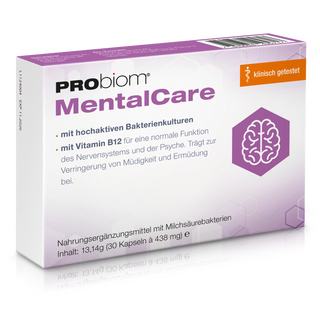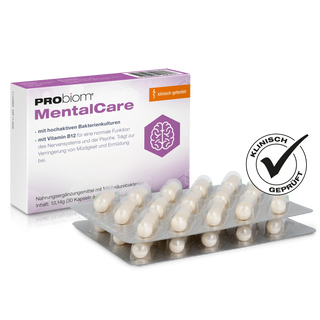Prebiotics are a special type of fiber that serves as food for the good bacteria in our gut. They promote the growth and activity of these beneficial microorganisms, thus contributing to a healthy gut flora. But which foods contain particularly high levels of prebiotics, and how can they be incorporated into our daily diet?
What are prebiotics?
Prebiotics are indigestible food components that promote the growth and activity of healthy gut bacteria. Unlike probiotics, which contain live microorganisms, prebiotics are primarily soluble fiber that is fermented in the large intestine. This process contributes to the formation of short-chain fatty acids that support gut health.
Important foods with prebiotics
There are many natural foods rich in prebiotic fiber. Here are some of the best sources:
-
Onions and garlic
Onions and garlic contain inulin and fructooligosaccharides (FOS), which promote the growth of beneficial bacteria. They also have antimicrobial properties and support the immune system. -
Leek and spring onions
These vegetables are closely related to onions and garlic and also contain plenty of inulin, which strengthens the intestinal flora. -
Bananas
Unripe bananas in particular are a good source of resistant starch, which serves as food for healthy intestinal bacteria. -
Oats and barley
These grains contain beta-glucans, a type of soluble fiber that has anti-inflammatory properties and improves intestinal health. -
Chicory and Jerusalem artichoke
Both contain high amounts of inulin, which has a particularly strong prebiotic effect and is often used in functional foods and dietary supplements. -
Legumes (lentils, chickpeas, beans)
Legumes are rich in resistant starch and oligosaccharides, which promote the growth of healthy intestinal bacteria. -
Apples
They contain pectin, a soluble fiber that supports the formation of short-chain fatty acids in the intestine and has anti-inflammatory effects. -
asparagus
Asparagus not only provides many vitamins, but also inulin, which serves as food for the good intestinal bacteria. -
Flax seeds and chia seeds
These seeds contain both soluble and insoluble fiber, which promotes healthy digestion and supports the growth of healthy bacteria.
How can you incorporate more prebiotics into your diet?
A prebiotic-rich diet is easy to implement by regularly consuming the foods listed above. Here are some tips:
-
For breakfast, eat oatmeal with bananas and flax seeds.
-
Enrich salads with chicory, onions and garlic.
-
Use legumes as a base for soups or stews.
-
Prefer whole grain products such as oats and barley.
-
Enjoy apple slices or raw carrots as a snack.
Conclusion
Prebiotic foods play an essential role in maintaining a healthy gut flora and overall well-being. Regularly incorporating natural sources such as onions, garlic, oats, legumes, and bananas into your diet can support digestion and strengthen your immune system. A balanced diet rich in fiber not only promotes gut health but also contributes to better overall well-being.

















